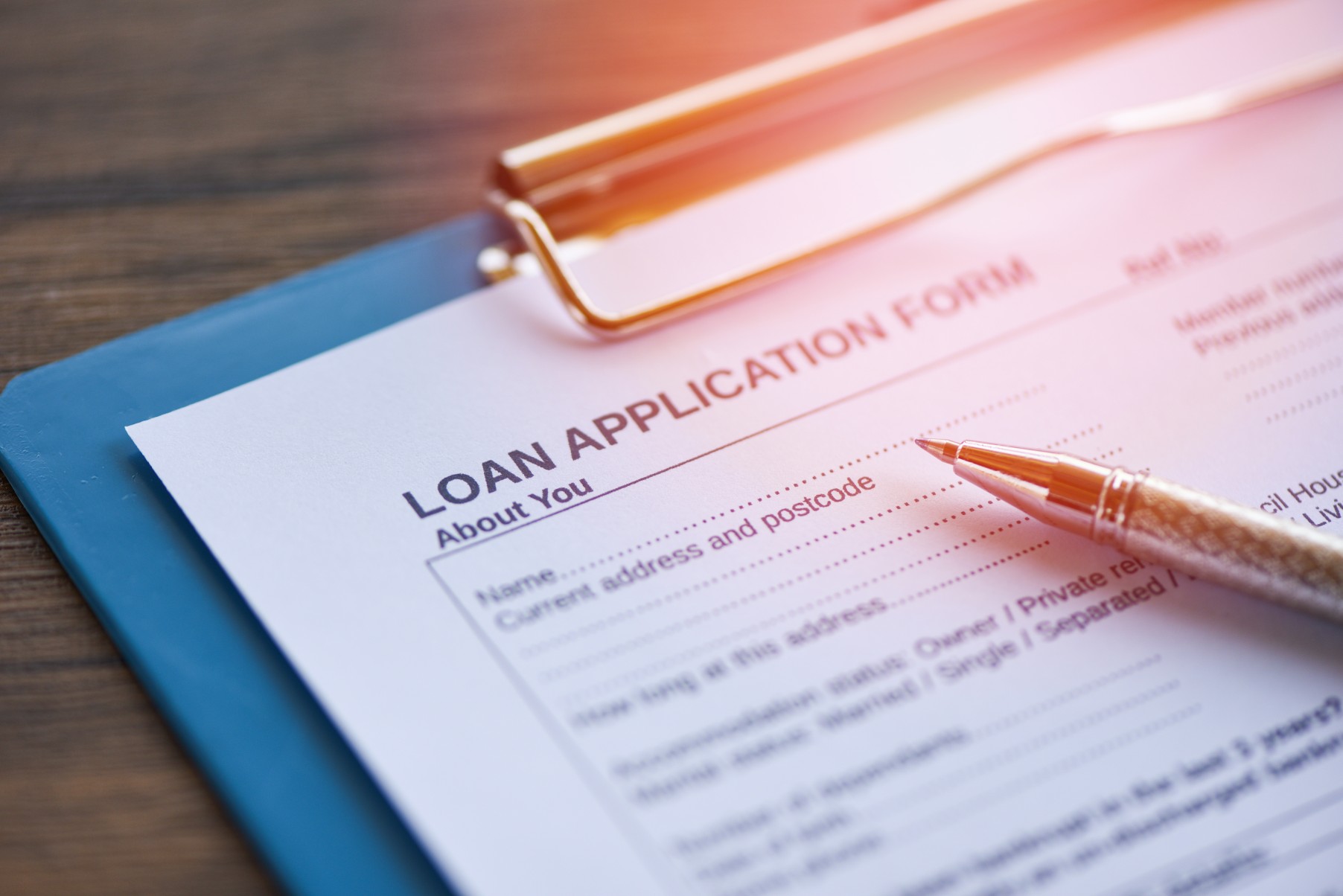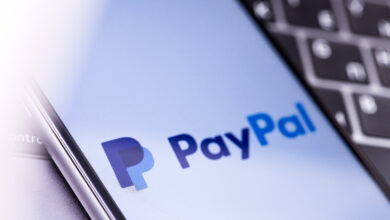A
A
A
When you are looking to borrow money, you might be offered a choice between a secured loan and an unsecured loan. Which one should you choose? Is one better than the other? That depends.
Here’s a guide to the difference between the two types of loans as well as the benefits and drawbacks of each type of loan.
Secured loans
A secured loan is one that is backed by collateral, such as property. If you fail to pay your monthly interest on the loan, the bank that lends you the money can take possession of the property.
Usually, the interest rate on a secured loan is low as the lender is taking less of a risk in advancing you the money.
Here are some secured loans that you might obtain:
• Property loans
Mortgages are secured by the real estate that you are buying.
Additional money that is lent to you on the value of the property, such as a line of credit or home equity loan, are also secured by the equity you have in the home.
Failure to pay back the loan can result in you losing the property.
• Car loans
Loans on an automobiles operate in the same way as the mortgage on a house. If you fail to keep up the payments, the lender can repossess the car.
• Personal secured loans
Here, the collateral for the loan is usually cash that you have in an interest-bearing savings account at the bank. Failure to pay the loan means you lose the cash.
• Secured credit card loans
People who have a low credit score, or have not been able to build up a credit score, can obtain a credit card on the basis of a deposit of cash in the bank. You cannot spend the cash, but some banks will make the amount available to you later if you use the card responsibly or should you cancel the card.
• Loans to help you build credit
These loans are designed specifically to help people with bad credit scores or to build up a credit rating. You might have the money—or a relative or friend might give you the money—to pay in full for, say, a car. The bank can set up a loan on the car and use your cash in the bank to pay off the loan. In that way, your credit score will improve over the time the loan is paid off.
Benefits and drawbacks
Read More »
Here are the benefits and drawbacks of secured loans, according to
myFICO, the consumer division of
FICO, a data analytics company based in San Jose, Calif.
Benefits of secured loans
• Personal, credit card, and special loans that are secured loans can help you build up your FICO score.
• Secured loans generally cost less.
Because the bank is taking on less risk, secured loans usually carry lower interest rates.
• Secured loans are often larger.
In many cases the lender can offer you more money on a loan because it is secured by some form of equity.
Drawbacks of secured loans
• Approval might be harder to obtain.
It can be difficult to get approved if you do not have enough cash to meet the requirements of the deposit or the collateral is insufficient, such as when a house is appraised for less than the loan amount that you need.
• Failure to pay the loan can be expensive.
It never is a good idea to default on any loan, but defaulting on a secured loan means you are likely to lose the house, car, or cash that you have provided as collateral. Foreclosure on bigger mortgages and auto loans can be a major financial setback.
Unsecured loans
Unsecured loans are not secured by any sort of equity.
They include:
• Personal and student loans.
These loans are essentially advances of cash to you. Because they are unsecured, the interest rates are generally considerably higher than secured loans.
Of course, your credit score will suffer if you renege on the loan. You also face the chance you will not receive another loan until you repair your credit.
•Credit card loans
By paying only the minimum on your card each month you are essentially borrowing the rest of the money you owe on the card. As in the case of a personal loan, the interest rates on credit card loans usually are much higher as the lender faces more risk than in the case of a secured loan.
Benefits and drawbacks
Here is a look at the benefits and drawbacks of unsecured loans, according to myFICO:
Benefits of unsecured loans
• Because no collateral is required, you do not have to be concerned about coming up with cash or other form of equity to be approved, nor will you lose a significant asset should you be unable to repay the loan in the future.
• Borrowers with good credit scores can obtain a reasonably low interest rate on an unsecured student or personal loan or even a loan on a credit card.
• The money is quickly available. Because you are not dealing with appraisals or a deposit such as is necessary with a secured loan, you might be able to gain access more quickly to your loan funds.
Drawbacks of unsecured loans
• Unsecured loans are almost always more expensive. It might be possible to gain a better rate if your FICO scores are high, but on average the rates on unsecured loans are generally higher.
• Borrowers with low FICO scores or those with no credit history are likely to incur much higher fees and interest rates as well as loan amounts that are lower.
• If you fail to pay your loans as required you face the risk of collections or a lawsuit. It is therefore important to make your payments in full on time to avoid facing such a situation.
Choosing between the two
If you are wanting to borrow money, it is important to understand the difference between the two types of loans.
Also, check out lenders and interest rates being offered. Consider all your borrowing options before you decide on one that is best for your requirements.






